10 awesome things your smartphone will do next
Is there anything your smartphone can't do? (clue: nope)
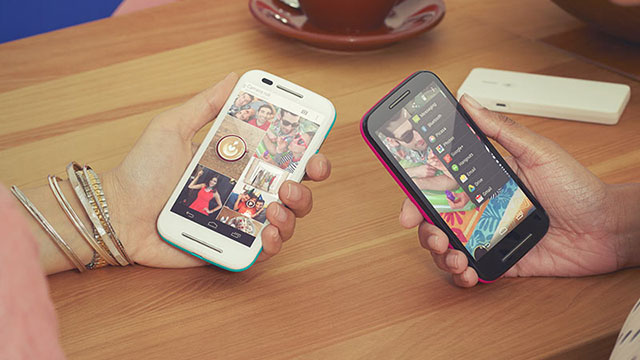
The smartphone is the Very Hungry Caterpillar of technology, munching its way through all kinds of devices as the phone in your pocket replaces all kinds of stand-alone kit.
It's already chewed through sat-navs and compact cameras, iPods and even torches - and it's still hungry. Here's what's next on the menu.
1 Keys
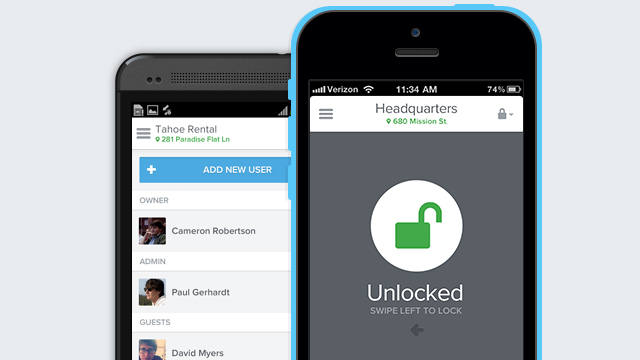
Your phone probably won't replace your front door Yale key any time soon, but it's likely to replace other kinds of keys. The Hilton hotel chain is rolling out door locks that enable you to check in and open your hotel room door from your phone, and Hyundai is experimenting with in-phone NFC tags to replace keyless entry systems in its cars.
Smartphone-controlled door locks do exist - Lockitron is currently accepting pre-orders and the impressive-looking August Smart Lock is due to launch later this year. But with prices in the $179-$200 bracket they're very expensive upgrades for your existing home locks.
2 In-car entertainment
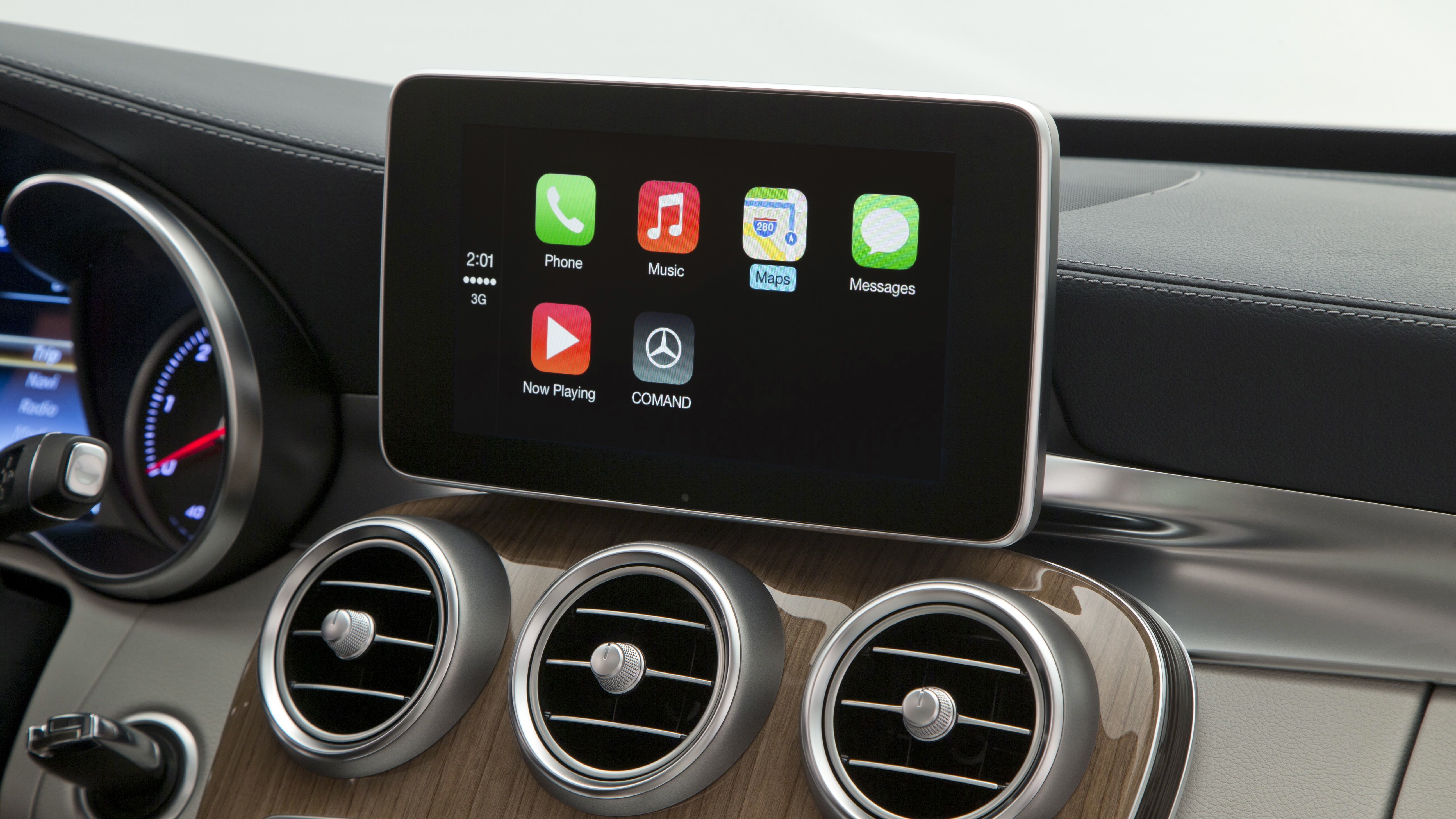
Your phone wants to do more in your car than just open the door and start the engine. Apple's CarPlay, Broadcom's MirrorLink and Google's Open Automotive Alliance all want to put your phone at the heart of your in-car infotainment system, providing everything from traffic alerts and GPS mapping to streaming music and reading out your incoming emails.
That's great news, because car firms have proved again and again that software interfaces aren't really their strong point. In-car systems are currently being rolled out in a select number of brand-new vehicles, but third-party audio firms plan to bring the technology to our old bangers too.
3 Switches
Belkin's WeMo and Philips' Hue products are a glimpse of a smartphone-controlled future: the former is an app-controlled power switch and the latter, app-controlled lighting. The cost of sensors and wireless radios continues to plummet, and that'll mean connected home products are no longer for people with lots of money to throw around.
Get daily insight, inspiration and deals in your inbox
Sign up for breaking news, reviews, opinion, top tech deals, and more.
Some of the switches won't even look like switches: check out Google's Nest smart thermostat, which learns your routine and adjusts its programming accordingly.
4 Stethoscopes
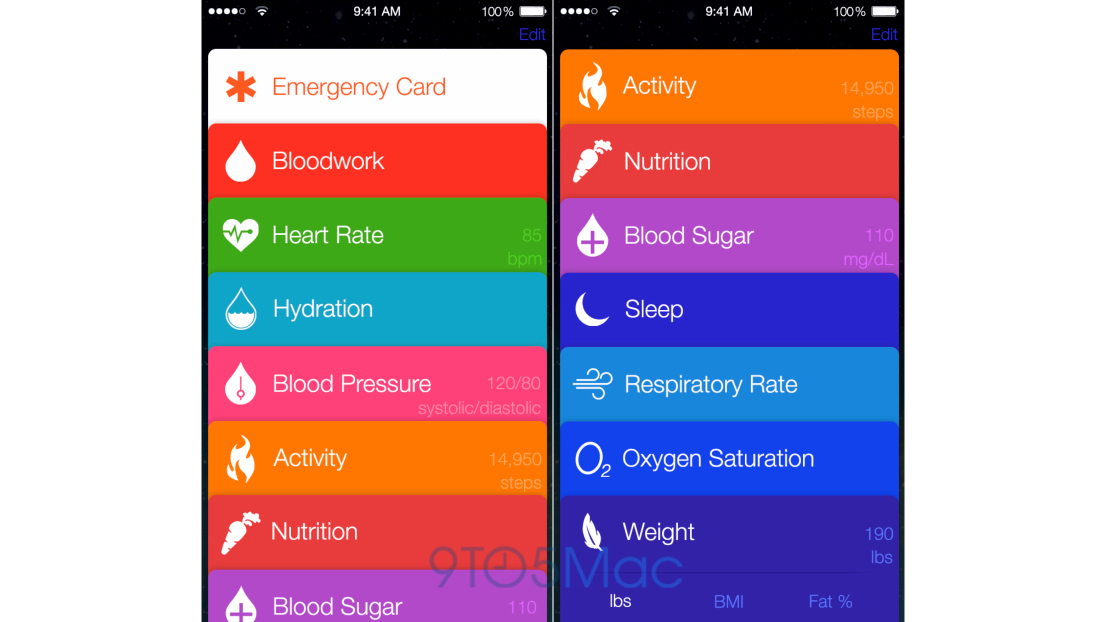
Apple's HealthKit, Google's Fit and Samsung's SAMI want to get to know you better - and the health and fitness data they collect from a range of sensors could make your smartphone better informed than your GP. The market for mobile health apps and sensors is predicted to top $20 billion per year by 2018.
5 TVs
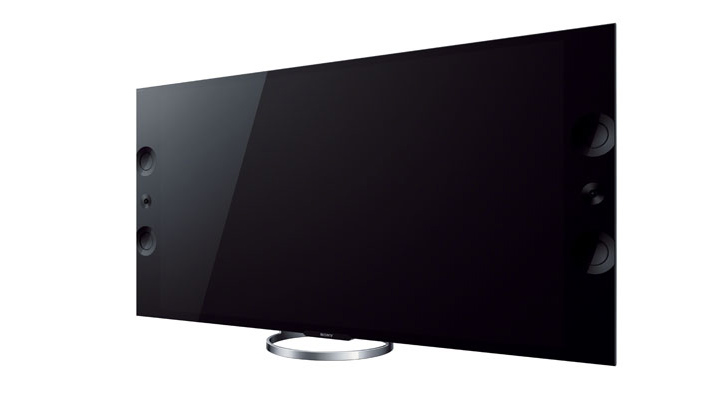
A recent survey for CES found that 53% of US consumers expect smartphones and tablets to replace TV sets by 2022. That might be overly optimistic, but there's a definite shift to viewing video on mobile devices.
According to the Adobe Digital Index, last year saw a 246% increase in the use of streaming video apps from broadcast networks - and those figures don't include Netflix.
6 Plastic cards
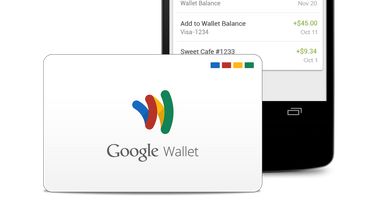
Google Wallet might not have set the world on fire, but both Visa and Mastercard are investing in NFC systems that use phones instead of payment cards, apps such as PayPal enable you to pay for real-world purchases as well as online ones and many retailers already offer apps that you can use to pay for their products. Starbucks' app is a good example of the latter. And then there's Apple, which is widely believed to be working on a phone-based payment system that uses its millions of registered iTunes accounts.
7 Remote controls
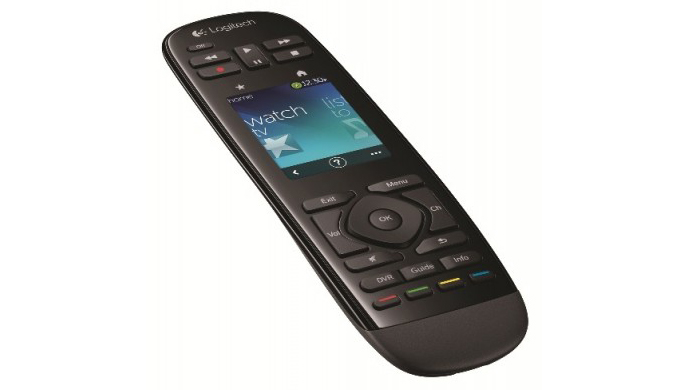
Universal remotes' days are numbered, but while the hardware is on its way out the basic idea is even more useful in the near future. The more smart devices we have, the more remotes we'll want to replace.
Apple's HomeKit shows how it might work, with devices organised into device groups and then controlled via apps or Siri.
8 Phones
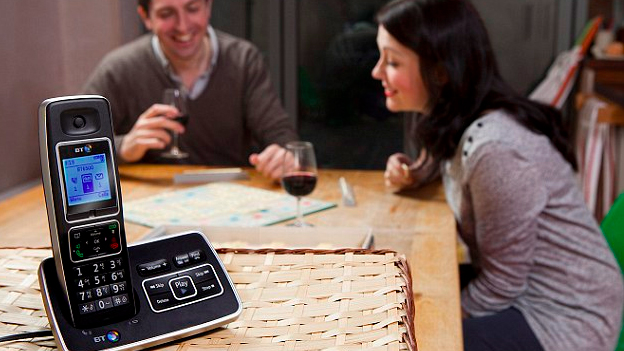
Smartphones are already killing off landlines, but the "phone" bit of "smartphone" is looking increasingly like an endangered species too. Texting overtook talking in the UK in 2012, and we're much more likely to send an instant message than to make a voice call.
Deloitte estimates that in the UK alone, we'll have sent some 300 billion instant messages during 2014. With phone networks offering free voice-over-Wi-Fi services and similar voice-over-LTE services due to launch next year, the volume of mobile calls we make will continue to plummet.
9 Tablets
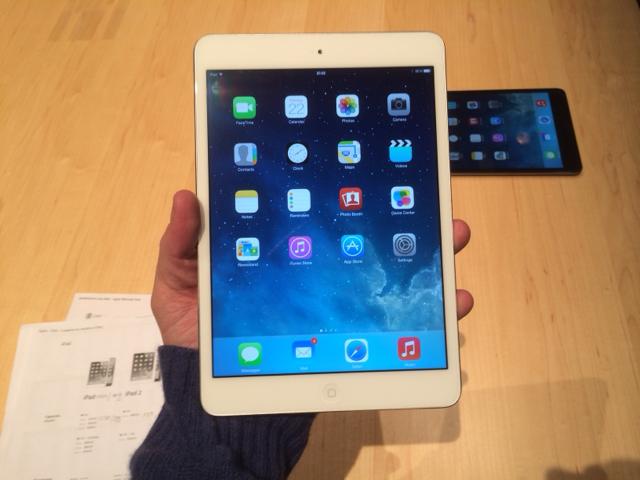
If we're not holding our phones to our faces we don't need to worry about big-screened phones making us look silly when we use them - and that might explain why sales of tablets appear to be stalling while sales of large-screened phones, aka phablets, are soaring.
Given the choice of paying full whack for a Wi-Fi tablet or paying considerably less up-front for a subsidised phablet, many of us are likely to plump for the big phone. The lines between phones and tablets are already getting blurry: for example Apple's larger iPhone 6 is rumoured to have a 5.7-inch display, which isn't far off the 7.9 inches of an iPad mini.
10 PCs
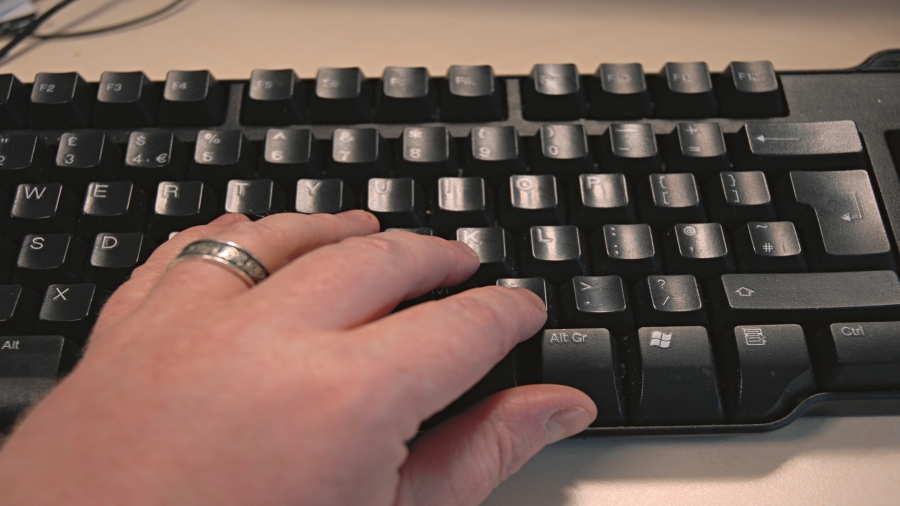
Your smartphone is more of a personal computer than a Mac or Windows box ever was. We take our phones everywhere we go, and now that so much of our stuff lives in the cloud there are fewer and fewer reasons to turn to a PC for everyday computing tasks.
We're not suggesting that phones will replace high-end workstations or tricked-out gaming rigs, but there's an entire generation growing up with smartphones, not PCs, as their primary computing devices and apps as their primary way of interacting with content and people.
As smartphones get ever more powerful, batteries ever more efficient and apps and accessories ever more interesting, why would they want to use something as old-fashioned as a PC?
Marc Chacksfield is the Editor In Chief, Shortlist.com at DC Thomson. He started out life as a movie writer for numerous (now defunct) magazines and soon found himself online - editing a gaggle of gadget sites, including TechRadar, Digital Camera World and Tom's Guide UK. At Shortlist you'll find him mostly writing about movies and tech, so no change there then.
